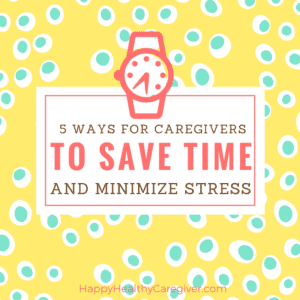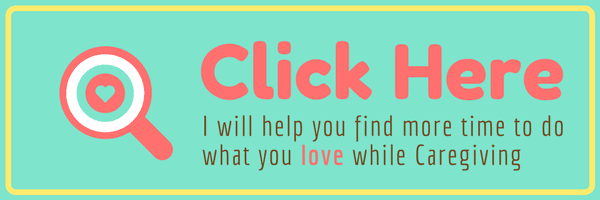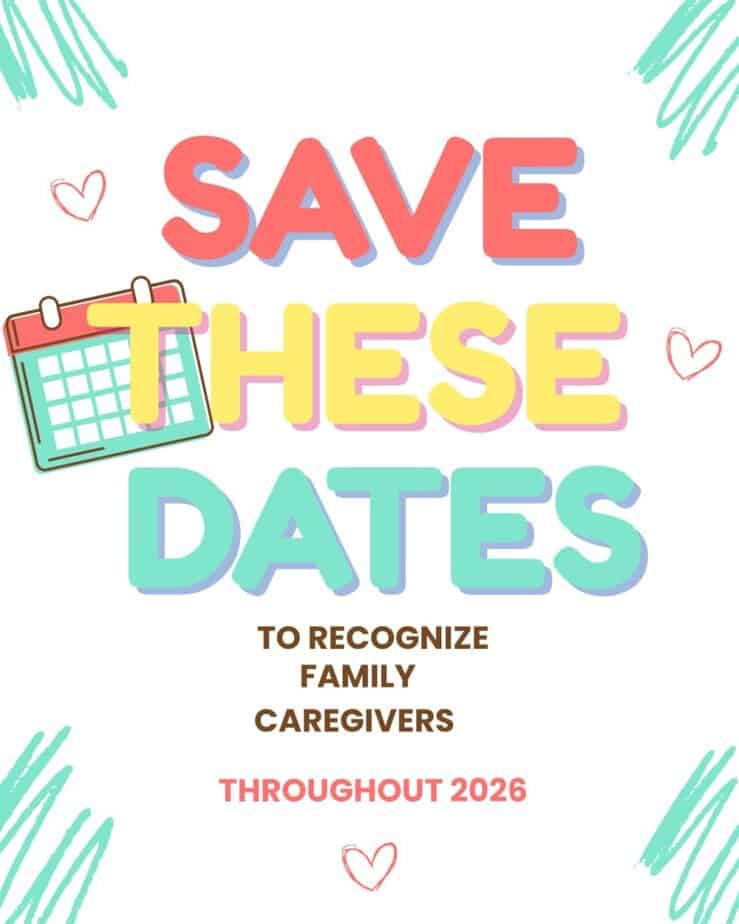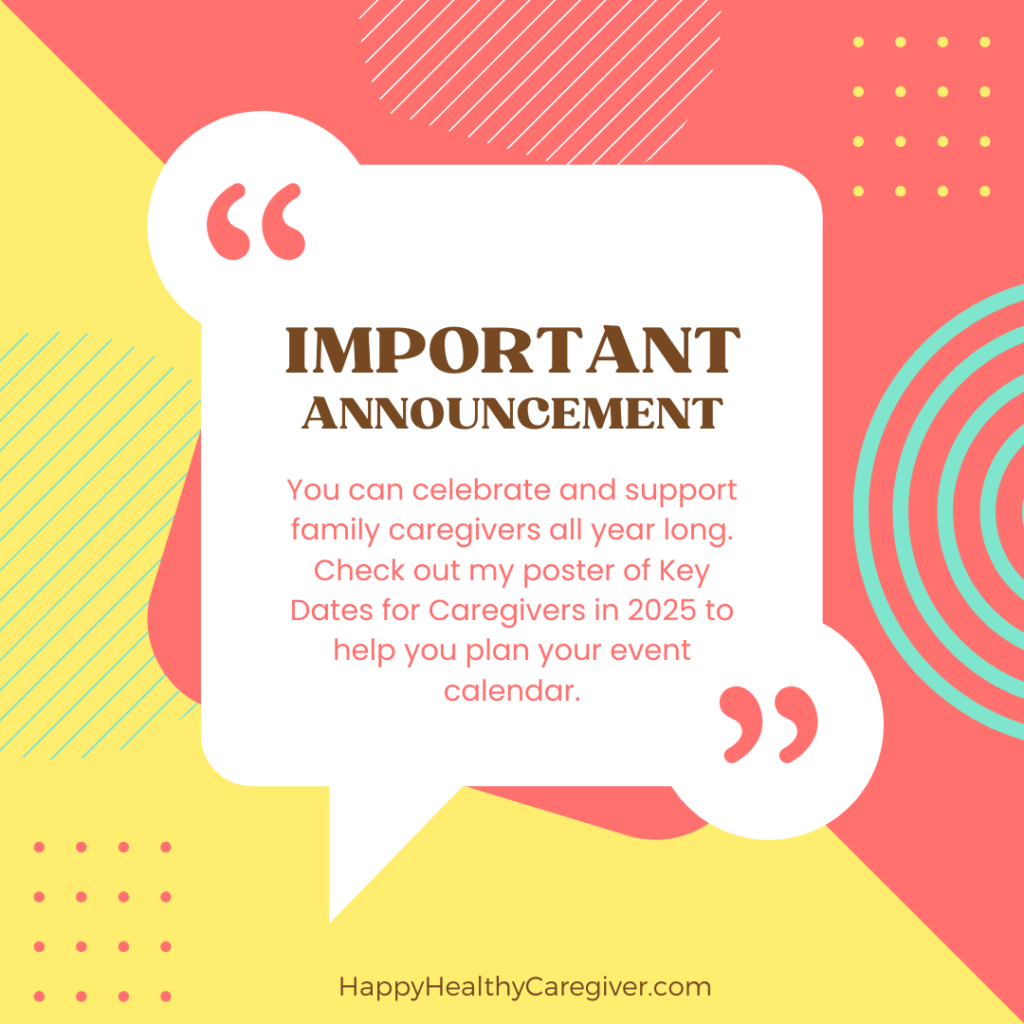A guest post written by Jessica Hegg.
Being a Caregiver can be one of the most stressful experiences of your life. Most people giving care for loved ones don’t get paid – and many caregivers work full or part-time, or have children or other responsibilities that mean their life gets very, very stressful.
It’s very tough to juggle time for all the responsibilities of your normal life and of your caregiving. And if you’re not careful, this can lead to caregiver burnout – physical, mental, and emotional exhaustion that can affect your ability to provide care for others, and cause stress, fatigue, and other deleterious health outcomes.
The way this most often manifests itself is a lack of time – it seems like Caregivers never have time to everything that they need to in a day. We’re here with 5 simple tips to help you save time and minimize stress in your day-to-day life as a Caregiver.
1. Put Yourself First
This may sound counter-intuitive, but it’s absolutely 100% true. When you’re trying to give care for a loved one while working or maintaining parental responsibilities, the first thing that goes out the window when you plan your days is “me” time.
If you don’t put yourself first, you won’t put yourself anywhere at all – you’ll spend all your time caring for others at the expense of your own health and well-being.
This doesn’t mean that you need to be selfish with your time, or ignore your responsibilities. Putting yourself first can be as simple as attending an exercise class a few times a week, taking the time to go out for a solo walk to clear your head, or meditating for a few minutes after you wake up.
It can even mean participating in a fun activity with your loved one that you also enjoy – doing this can allow you to make sure they’re being cared for, while still decompressing and having fun.
If you need more time, consider respite care, or asking family and friends to help with your caregiving burden. Remember, if you’re not taking care of yourself, your level of care for others will suffer.
2. Always Plan Ahead – But Recognize When You Can’t
refills, doctor’s appointments, and caregiving schedules – should be prioritized here. A stitch in time saves nine, and that’s never as true as it is when planning the week out as a Caregiver.
Planning ahead saves time and allows you to stress less – you’ll always have a clear picture of what’s coming up, and you’ll know that you’re ready for it.
But it’s also important to recognize that there are things you can’t plan for – sudden shifts in health, urgent medical needs, or unexpected personal or family issues. Since you can’t plan for these events, you must accept them as they come – and plan as if they won’t. After all, it’s not worth stressing about potentialities.
3. Get Organized
Do you have a desk full of papers related to your loved one? Bills that must be paid? Multiple day planners, schedules, and print-outs that all have important information on them?
Getting organized is extremely important to saving time and minimizing stress. If you know you have everything that you need for administrative duties in the same place, you don’t have to worry about misplacing important documents, notes, or other information.
One good rule to help you get organized is the “touch it once” rule.
This rule is simple – if you are holding a document, letter, note, or other important pieces of information, you should only touch it once – that is, it should be placed in a filing cabinet (or a Caregiver binder), not on a kitchen table; in a day planner, not on your desk; in the shredder, rather than in the trash.
By following this guideline with the appropriate organizational structures, you’ll be amazed at how easy it is to locate important documents.
Files should have appropriate places in filing cabinets, and all important documents should be easy and intuitive to access.
If you don’t know where to start, consider getting in touch with a professional organizer. The money you spend getting a consultation will be well worth it if you can save time and reduce your stress levels.
4. Rest Well
Being well-rested is extremely important to your level of care. Sleep debt and fatigue can have inhibiting consequences when it comes to your physical and mental well-being, and this will affect your level of care, and your ability to handle stress.
Resting well doesn’t necessarily mean sleeping longer, but getting your rest when you can, and getting as much as you need.
If you can’t get your 7-8 hours at night, consider planning for naps during the day in large gaps, or restructuring your sleep cycle so that you can take care of your loved one and responsibilities while still maintaining healthy levels of rest.
5. Rely On Your Support Structures
If you’re giving care, chances are that other people in your family are as well – or you have hired help who can take care of your loved one from time to time.
It’s important to realize that you don’t have to do everything yourself. Even the best Caregivers aren’t Superman (or Superwoman) and cannot do everything for their loved ones.
Knowing that is crucial to maintaining your sanity and lowering your stress levels when giving care to an aging or disabled loved one.
Understand that family members, close friends, and even hired Caregivers are there to help when you need it – and that there is absolutely no shame in admitting that you’re doing too much.
Care for the Caregiver is Just as Crucial…
Being a Caregiver isn’t easy. When you follow these 5 tips, you may find yourself with more time in the day, a healthier attitude towards caregiving, and decreased stress levels. So care for yourself. Care for your loved ones. And do it well.




